March 20, 9 a.m.
Me: Hey V., how are you weathering this virus crisis?”
V: We are doing ok. A little more depressed. That is normal. It is affecting almost everyone. Worried about seeing our retirement being wiped out. I have a back up plan. If things get to the point I cannot handle it , I will end my life. That is my back up plan for anything that is totally overwhelmingly. I cannot control it. I know I am not the only senior this is happening to. I know what it is like to barely have what I need. I am grateful for what have had and what I have, but I am at the point in my life there is no way of replenishing my savings and no one to be there for us. We do not have family. I do have a brother , but even if he could , he would not help. I do pray he will be ok. Very high risk. He lives in another state. Have not seen him in almost 6 years. We were never close. I know God has always helped me and my husband find a way , but your options are limited when you reach a certain age. I have people say that when this is over the market will rebound. We will not live long enough to recoup what we lost. All I want is enough money to have what I need and may be some small things I want. Nothing extravagant. I want to know I can replace my roof or furnace if I need it . We depended on our 401k for emergency expenses like these. No if we have anything left we will have even less because of the taxes they take. Can not win for losing. You have to have money. I am not in love with it. I just do not want to go back to not having what I need.
Me: Oh V., my heart breaks for you. I can’t even imagine the desperation you feel. I want to say, “No wait, I’ll rescue you.” Or at least pray, “God send her a rescuer.” I can offer no simply solution. All I can do is urge you to not give up hope.
V: Thank you. I appreciate this very much. It is something that is impacting a lot of average. Not only do the seniors have to be concerned about contracting the virus they have to worry about their finances being wiped out.
Me: Yes. I know several in similar positions. Well, V., take care of yourself as best you can.
March 20, 10:12 a.m.
How to prepare without panic.
I’ve been ruminating on this for over a week now. Some say it’s too late, a handful that it’s too soon. Experts say it will get much, much worse before it gets better. While anxiety is not my go-to diagnosis, you’d have to be in a coma to not be concerned.
Last night I began shopping on Amazon for survival supplies. Tuna. Protein supplement. Dried fruit. Canned veggies. A friend of mine who is an expert in preparedness advised me to keep 2-3 weeks worth of supplies on hand and start replenishing them regularly on-line. I noticed that Amazon now has a monthly subscription option on food items. The pantry was closed by the time I got there, though.
As a man of faith, I have both peace about the future and urgency about the present. What can I do to shine Light in the darkness, point to the Way that leads to Life? Who is hurting the most? How do we triage souls?
One thing I need to heed is the message I have been sharing my friends and family wherever I can reach them.
Receive care for yourself as you care for others.
March 20, 10:45 a.m.
Susan continues to forge ahead with her many vital work commitments.
Education doesn’t take a vacation.
Prisoners need something worthwhile to take their minds off the reality that they will have no visitors, that volunteers will be restricted from coming in.
College students need to prepare to care for future generations who will live on long past this virus crisis. If we want to one day leave the world a better place, we need to invest our hearts in equipping those who will follow us.
I pray for these things as I sit at Susan’s side in our shared study, looking out the window at the birds on the feeders and the squirrels in the tree. Briley lays beside me and prays in her own way.
We hope to one day break the bonds of social distance handcuffs and frolic freely with family and friends, but for now we will love virtually.
Receive God’s care, even as you care for others.
March 20, 12:22 p.m.
I’m so glad dogs are resistant to Coronavirus. Briley is a rescue. I rescued her so she could rescue me.
March 20, 6:17 p.m.
The doctor has advised me to be in self-isolation for seven days as we treat a suspected bacterial infection.
On the scale of universal problems, this doesn’t even constitute First World.
First World problems are…
Getting laid off from work… Being separated from your loved ones because of travel restrictions… Becoming suicidal from severe panic attacks… Contracting the virus or watching a loved one contract it.
No, seven days to focus on my writing and reach out to people I love poses zero problems at all.
March 20, 9:34 p.m.
I’ve been contacting family, friends, and acquaintances from all over the country with this question:
How are you weathering this virus crisis?
Responses vary widely… From a man trying to share strong hope with his wife and daughter… to the senior who expects to lose her life savings and sees death as the only relief… to the young man working in a relatively isolated call center grateful for work and safety… to the mom of four, including two fosters, laughing and crying through the chaos.
We will survive these trying times. We really will. And we will be better, because we will have learned that the only way to move forward is not to climb over each other, but to walk together.
March 21, 5 p.m.
When despair for the world grows in me
and I wake in the night at the least sound
in fear of what my life and my children’s lives may be,
I go and lie down where the wood drake
rests in his beauty on the water, and the great heron feeds.
I come into the peace of wild things
who do not tax their lives with forethought
of grief. I come into the presence of still water.
And I feel above me the day-blind stars
waiting with their light. For a time
I rest in the grace of the world, and am free.
“The Peace of Wild Things” by Wendell Berry.
March 22, 2:13 p.m.
There is word that my state (IN) will go on lock-down today. No one knows for how long. We are moving a deep freeze into our basement this afternoon to store perishable items. The grocery stores are packed with more people than supplies. They are breeding grounds for the virus. The waiting period for having food delivered from is almost a week. Amazon will ship food and supplies, but they are also back also back ordered on many items. It’s a damn shame, but the panic is prompted people to put themselves first rather than look out for others.
It is Sunday. I will be listening to messages from two friends who are gifted pastors “for such a time as this.” I’ve been trying so hard to pour myself into Hope for Troubled Minds, I need to replenish my own. It has been a blessing, though, to reach out to folks with Good News that will endure beyond this pandemic. Today we’re recording a special episode of Revealing Voices called “Passing Peace in a Pandemic.”
How can I offer spiritual touch from a safe distance?

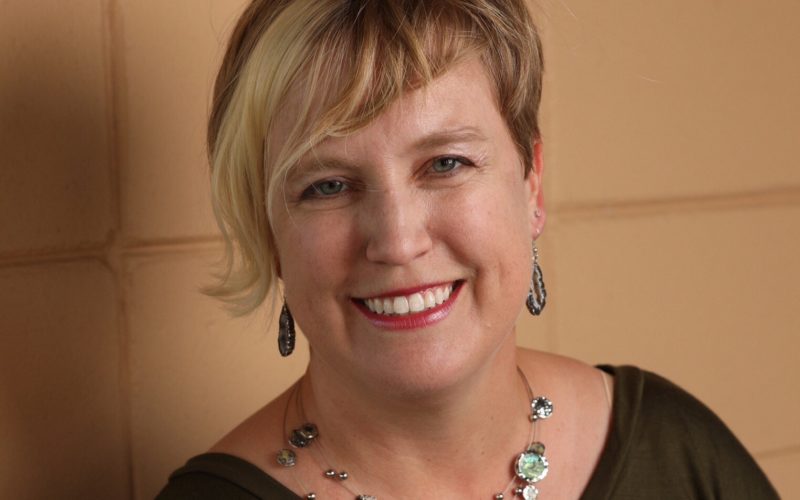
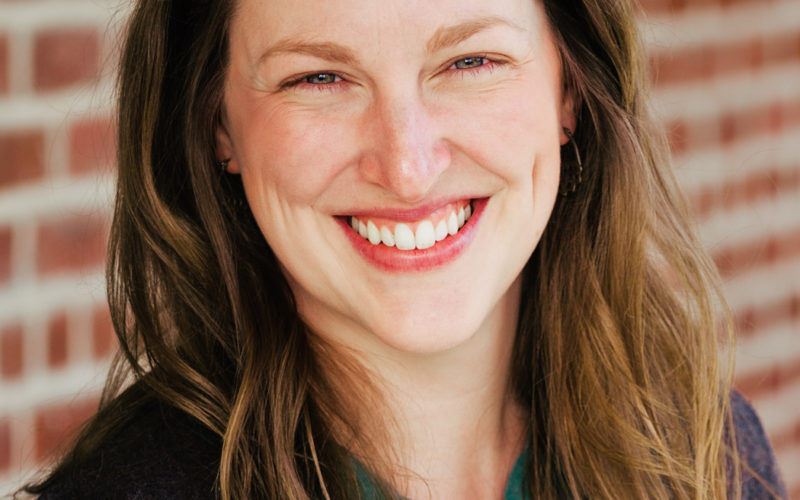
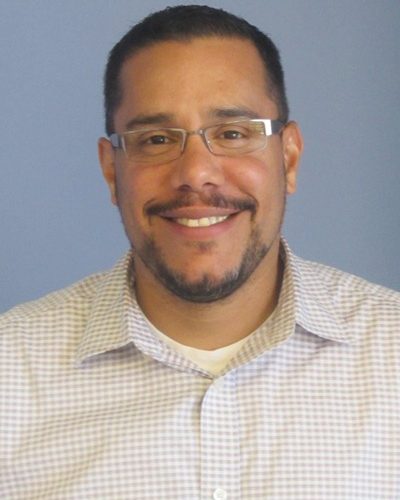
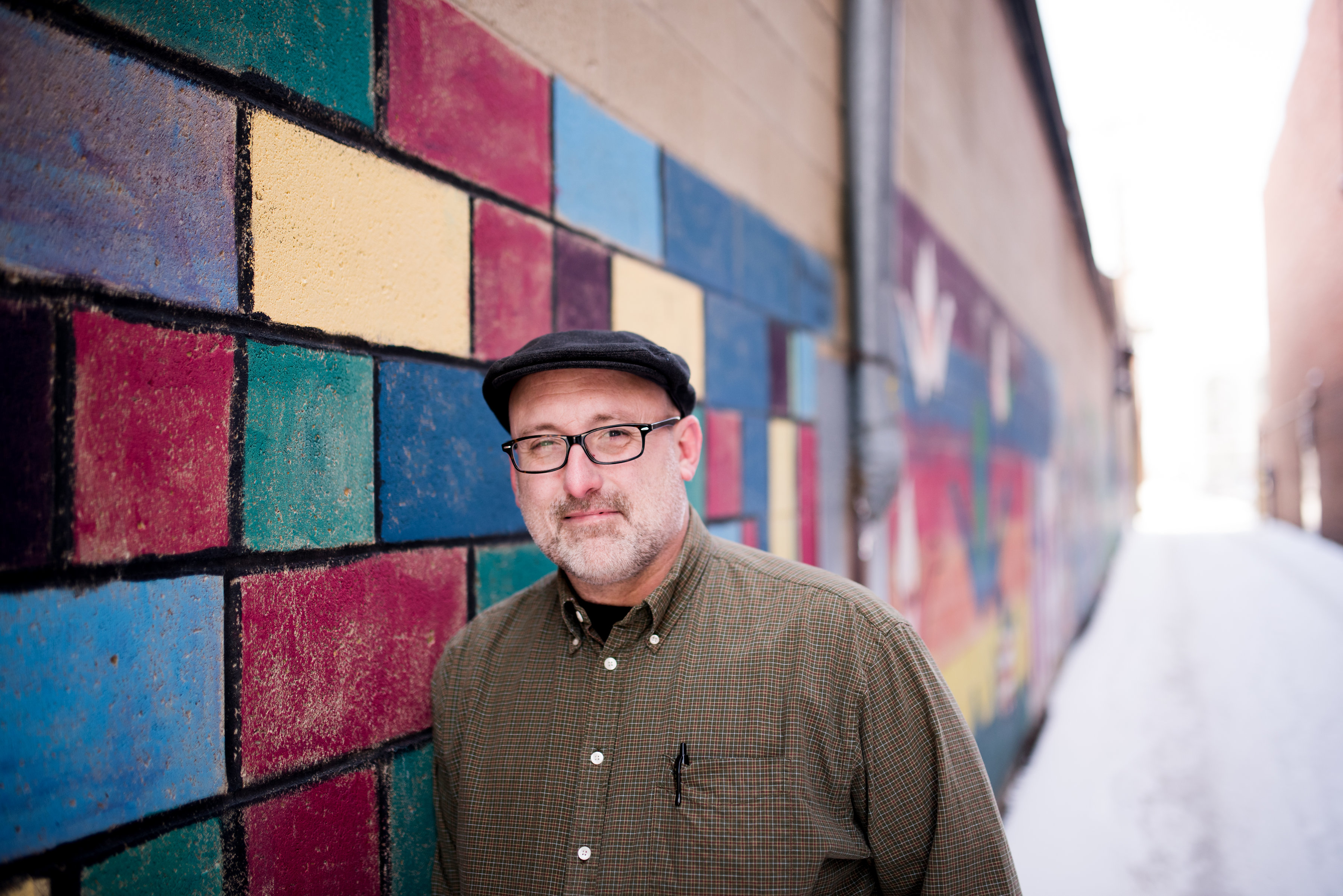

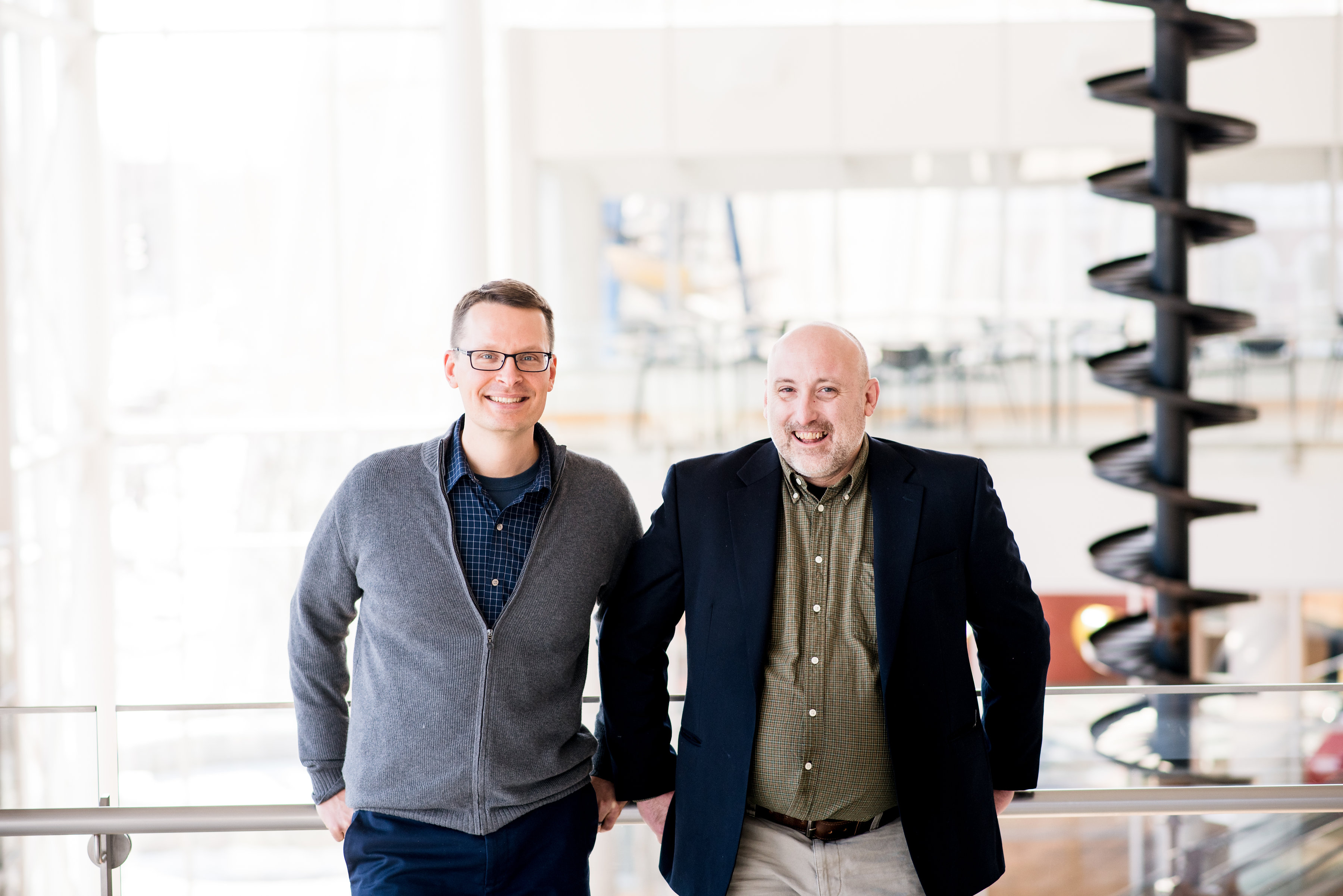
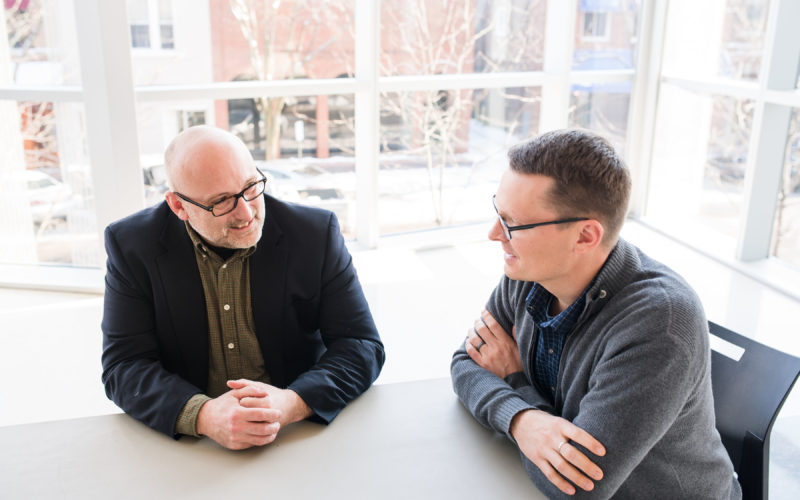

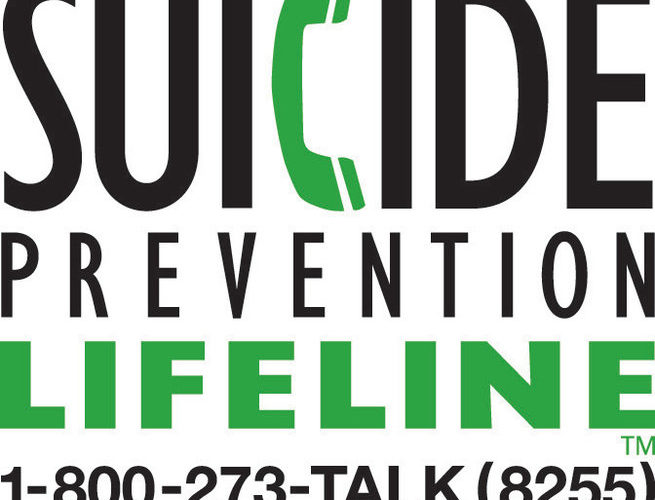
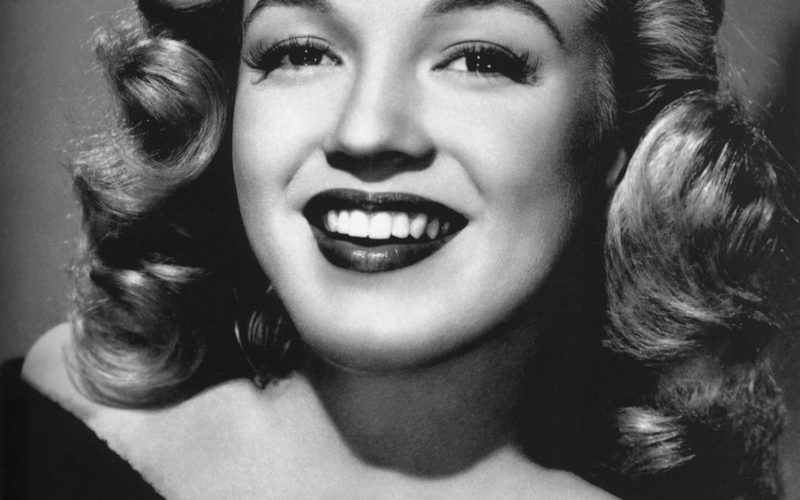
Recent Comments